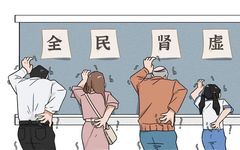Providing you with knowledge on health and wellness
First, please follow us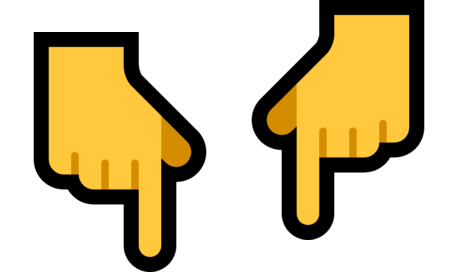 so you won’t miss us next time
so you won’t miss us next time
There are four types of kidney deficiency: Kidney Yin Deficiency, Kidney Yang Deficiency, Kidney Qi Deficiency, and Kidney Essence Deficiency – how to choose the right herbal medicine
With the increasing pressure of life, many people work hard to fill their pockets.
However, many feel a sense of “having the heart but lacking the strength,” sensing that their bodies are not what they used to be.
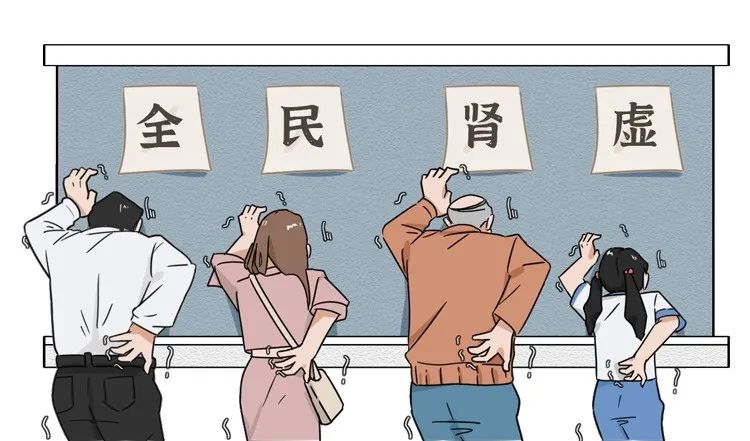
Especially for men, as they age, they often feel that their kidneys are “deficient” and seek various “folk remedies” to tonify the kidneys!
However, the result may be that some medications are ineffective, which is a relatively mild outcome; some may misuse medications, worsening their kidney condition. Therefore, today, Dr. Wang will discuss how to properly tonify the kidneys from four aspects:
From a TCM perspective, kidney deficiency is divided into four types: Kidney Yin Deficiency, Kidney Yang Deficiency, Kidney Qi Deficiency, and Kidney Essence Deficiency.
Kidney Deficiency – Kidney Yang Deficiency
First, let’s talk about Kidney Yang Deficiency, which, as the name suggests, is a deficiency of kidney yang, leading to insufficient yang energy in the body, which cannot warm the entire body. Therefore, the most significant characteristic of individuals with Kidney Yang Deficiency is a fear of cold, especially in the lower limbs, where the aversion to cold is more severe.
People with Kidney Yang Deficiency must cover themselves with blankets while sleeping and often feel cold in their legs. They may experience diarrhea early in the morning before dawn. Symptoms also include soreness and weakness in the lower back and knees.
The tongue appearance of those with Kidney Yang Deficiency is often pale with a thick white coating.
At this time, one can consider using: Gui Fu Di Huang Wan (桂附地黄丸) or You Gui Wan (右归丸) to warm and tonify kidney yang.
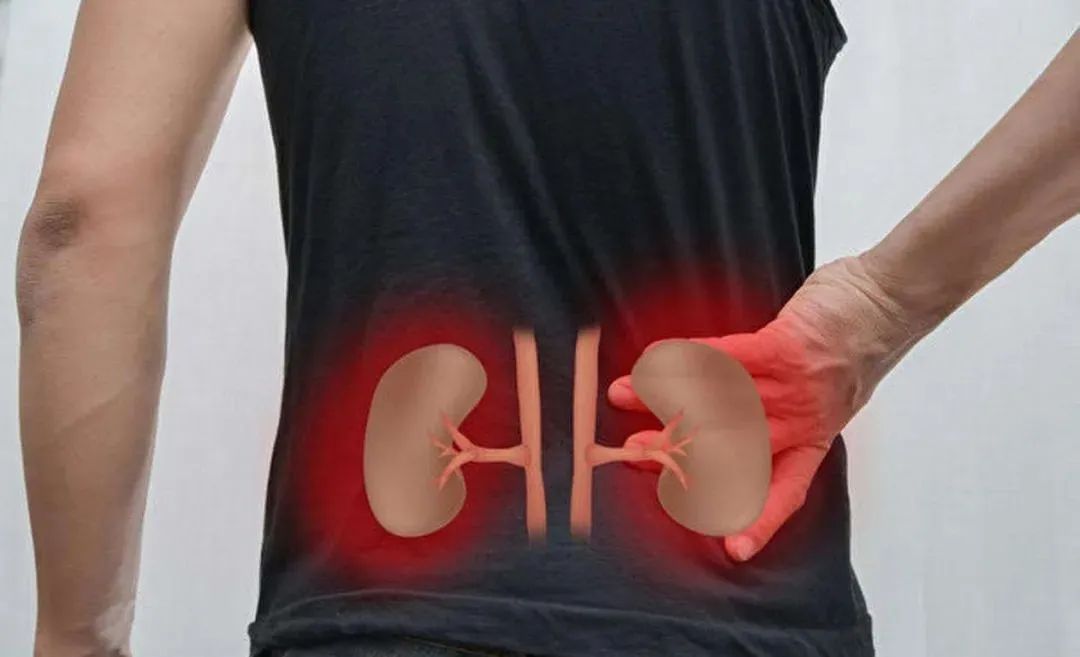
Kidney Deficiency – Kidney Yin Deficiency
Kidney Yin Deficiency refers to insufficient yin fluids. We know that the kidneys govern water, hence the term “kidney water deficiency.”
Yin fluids, being related to water, primarily serve to nourish. Additionally, kidney water can restrain yang energy, preventing excess yang.
However, with insufficient yin fluids, this leads to “yin not restraining yang,” resulting in common symptoms such as “five hearts heat” (the palms of the hands, soles of the feet, and the heart). Other symptoms include frequent dryness of the throat, thirst, and night sweats. In severe cases, dizziness and tinnitus may occur.
The tongue appearance of those with Kidney Yin Deficiency is often red with little or no coating.
At this time, one can consider using: Zhi Bai Di Huang Wan (知柏地黄丸) or Liu Wei Di Huang Wan (六味地黄丸) to nourish yin and clear heat.
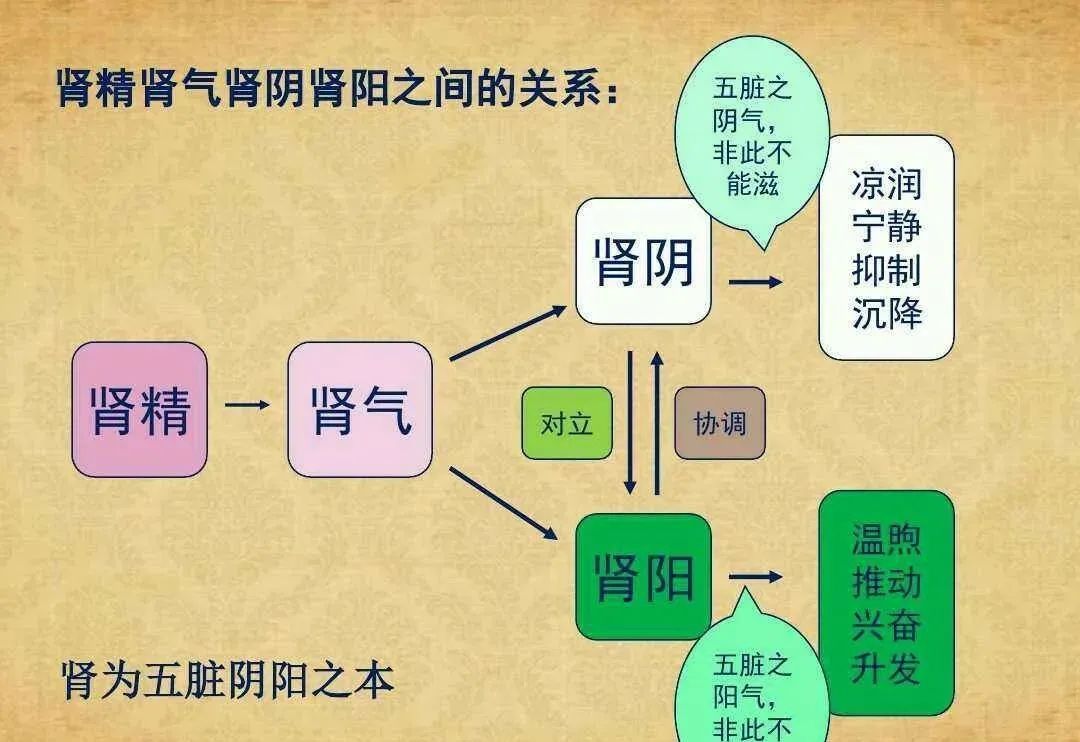
Kidney Deficiency – Kidney Qi Deficiency
Kidney Qi Deficiency indicates insufficient kidney qi. In TCM, qi plays a role in “holding and controlling” bodily functions. How can we understand this holding and controlling function?
One can think of it as a switch; when kidney qi is deficient, this switch in the body becomes uncontrollable.
Individuals with this condition may need to go to the bathroom several times at night, feel lethargic, and speak weakly. Men may experience symptoms such as incomplete urination, premature ejaculation, and nocturnal emissions. Women may have clear, profuse vaginal discharge and scanty menstrual flow.
The tongue appearance of those with Kidney Qi Deficiency is often swollen, pale, and has a thin white coating.
One can consider using: Jin Gui Shen Qi Wan (金匮肾气丸) to warm and tonify kidney qi.
Kidney Deficiency – Kidney Essence Deficiency
In TCM, the kidneys store essence and govern growth and development.
When kidney essence cannot transform into qi, it leads to kidney qi deficiency, which may gradually develop into kidney yang deficiency.
If qi deficiency persists, it may also develop into kidney yin deficiency.
At this time, one can consider using: Wu Zi Yan Zong Wan (五子衍宗丸) to tonify the kidneys and benefit essence.
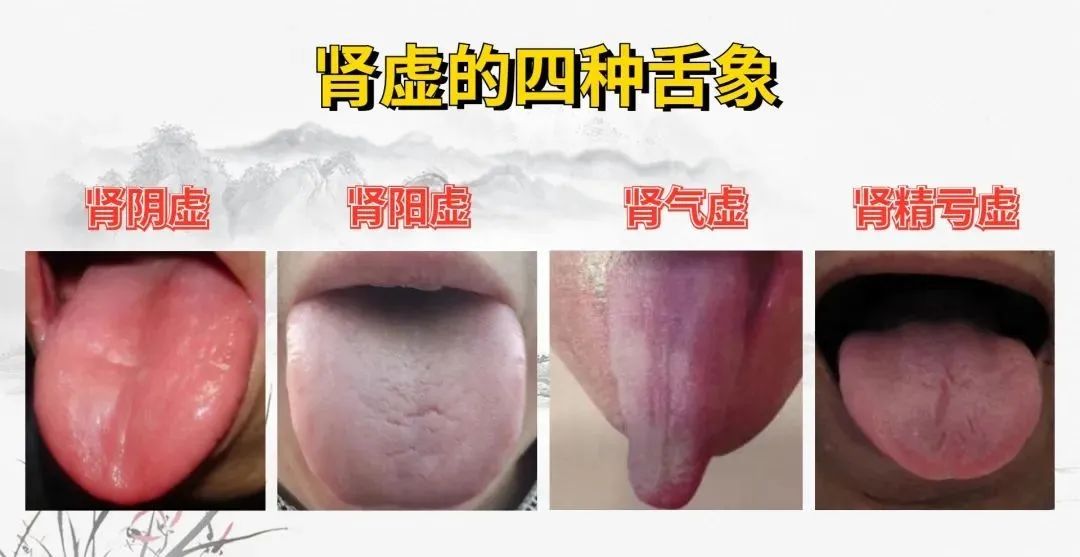
In conclusion, this is a summary of the four types of differentiation: Kidney Yin Deficiency, Kidney Yang Deficiency, Kidney Qi Deficiency, and Kidney Essence Deficiency.
I hope that after reading this article, you will not simply think of yourself as having kidney deficiency and randomly use medications.
Always remember that TCM requires differentiation of symptoms before using medications.
Finally, if you have any questions or other issues, feel free to reach out to me for answers.
Disclaimer: This article is reproduced from the internet and published materials. If there is any infringement, please contact us for removal. The various prescriptions and remedies mentioned are for informational sharing only and do not constitute medical advice, recommendations, or guidance. Please use them under the guidance of a physician.
Providing you with knowledge on health and wellness

